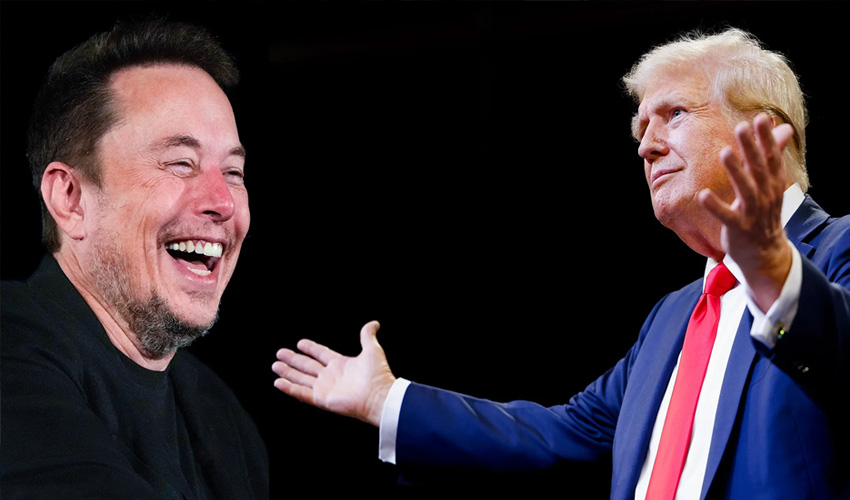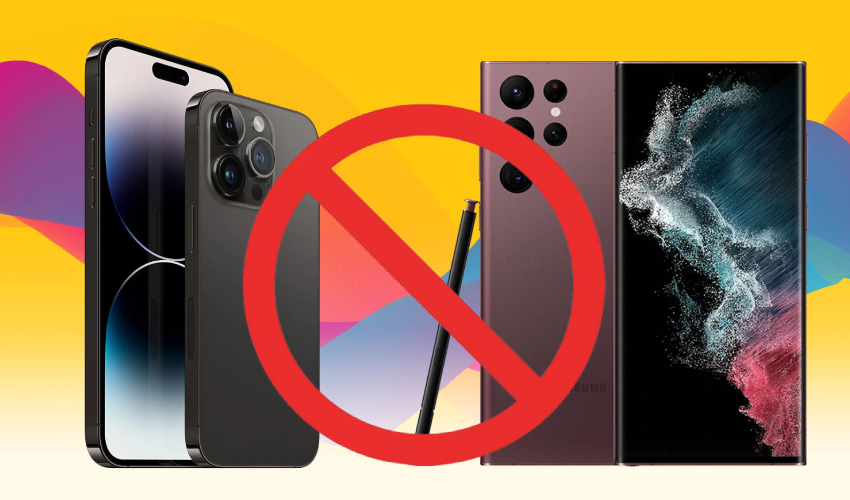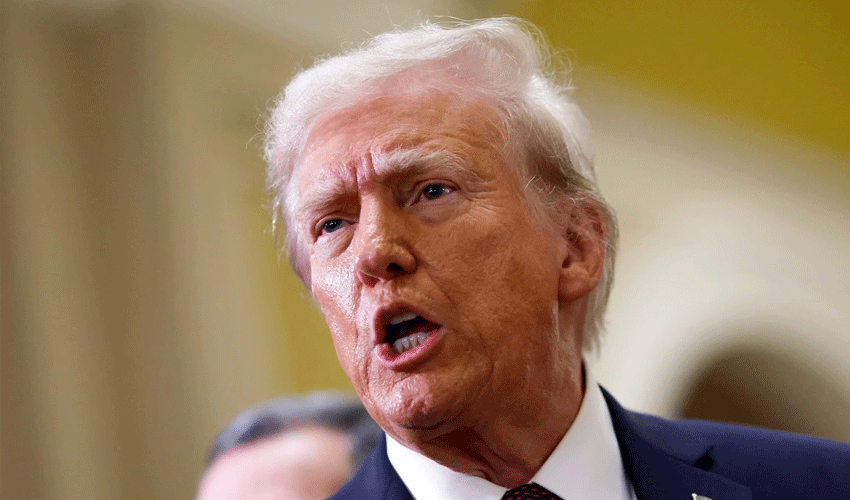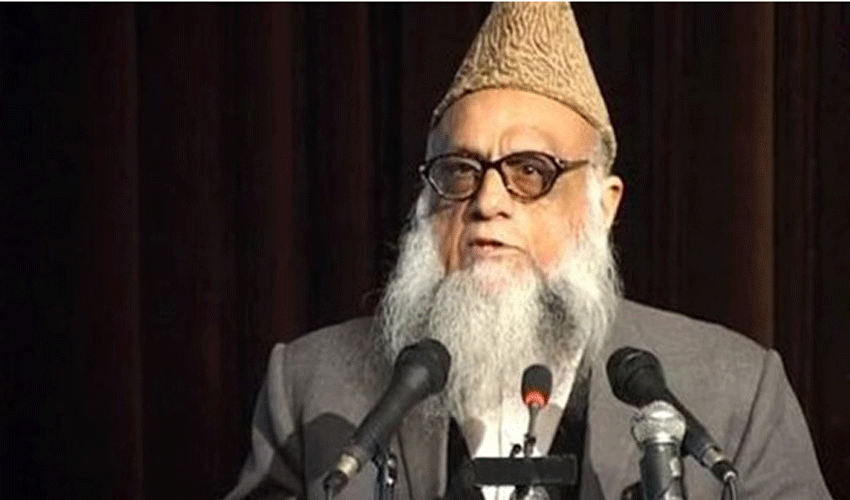As the United States approaches the November 5 presidential election, both Vice President Kamala Harris and her Republican opponent, former President Donald Trump, have ramped up their campaign strategies, vying to capture voters' attention with distinctive promises.
Among the array of pledges being made, one that has caused considerable buzz is Trump’s latest suggestion—appointing tech billionaire Elon Musk as the head of a newly created government department.
Trump, known for his unconventional ideas and outsider rhetoric, teased the possibility of Musk overseeing a "Department of Efficiency." The notion, though unorthodox, has sparked widespread curiosity and debate as the U.S. prepares for an election with potentially significant global ramifications.
Trump’s vision for Musk’s role
Trump’s statement about Musk came during a recent campaign rally, where he lauded the Tesla CEO’s achievements in business and technology. He proposed that, if re-elected, he would bring Musk into the fold to head a department focused on governmental efficiency. According to Trump, the department’s mandate would be to streamline federal operations, cut bureaucratic red tape, and improve the overall productivity of government institutions.
The idea of Musk taking on such a role in Washington reflects Trump's broader populist appeal, where he often presents himself as an outsider to the political establishment and promises to "drain the swamp" of inefficiency and corruption. In this context, Elon Musk—a figure similarly viewed as a disruptor in industries such as electric vehicles and space exploration—appears to fit well into Trump’s vision of transforming Washington with corporate innovation.
The former president remarked, “Elon is a genius, one of the most brilliant minds of our time. Imagine what he could do if we brought that brilliance to Washington. We’re going to make government efficient, just like Elon made electric cars and space travel efficient. You won’t believe how fast we’ll cut waste.”
The birth of DOGE
Not long after Trump’s statement, Elon Musk himself weighed in on the idea. In his typically irreverent style, Musk retweeted a user suggestion about the possible name of this department: the “Department of Government Efficiency,” or, humorously, “DOGE”—a play on the popular Dogecoin cryptocurrency that Musk has previously promoted.
Musk’s tweet, which read “DOGE to the moon,” quickly garnered millions of interactions, as supporters of both Trump and Musk amplified the idea across social media. While Musk’s response seemed playful, it added fuel to the speculative fire about his potential involvement in the government should Trump win in November.
A realistic possibility?
The idea of Musk leading a government department—particularly one as vaguely defined as the "Department of Efficiency"—has raised questions in both political and business circles. Analysts note that, while Trump has a history of appointing business leaders to key roles, Musk’s famously erratic behavior and intense focus on his private enterprises may make such a position unlikely in practice.
Political commentators have also highlighted the broader implications of the proposal. If Musk were to be offered and accept a government position, it could signal a deeper entanglement of corporate power within the federal government, raising ethical and practical concerns about conflicts of interest, particularly given Musk’s leadership of Tesla and SpaceX, both of which are tied to government contracts.
There are also logistical challenges to consider. Federal departments are generally established through congressional approval, and there is no guarantee that lawmakers—particularly those from the opposing Democratic Party—would back the creation of such a department, even with Musk at the helm.
The Harris campaign’s reaction
Vice President Kamala Harris’s campaign has yet to formally respond to Trump’s proposal involving Musk. However, it is expected that Harris, who has positioned herself as a champion of working-class Americans and institutional reform, may push back against what she could frame as a further corporatization of government. Her focus on policies such as healthcare, education, and civil rights contrasts sharply with Trump’s business-centric governance philosophy.
A Harris campaign spokesperson, speaking anonymously, hinted that the vice president would soon address the issue of Trump’s “gimmick proposals” in an upcoming speech. “While Trump is busy trying to hand over the government to billionaires, Kamala Harris is fighting for the issues that matter to everyday Americans,” the spokesperson said.
As the election approaches, political analysts are watching closely, as the outcome will not only shape U.S. domestic policy but will also have far-reaching global implications. With rising tensions between the U.S. and China, a shifting balance in Middle Eastern geopolitics, and ongoing climate concerns, the next U.S. president will inherit a complex array of international challenges.
Trump’s potential return to the White House, coupled with ideas like bringing Elon Musk into government, has already prompted discussions about how his administration might differ from his previous tenure and how it would be perceived on the world stage. In contrast, a Harris presidency would likely focus on restoring relationships with traditional allies, strengthening multilateralism, and addressing global challenges like climate change and inequality through international cooperation.



























